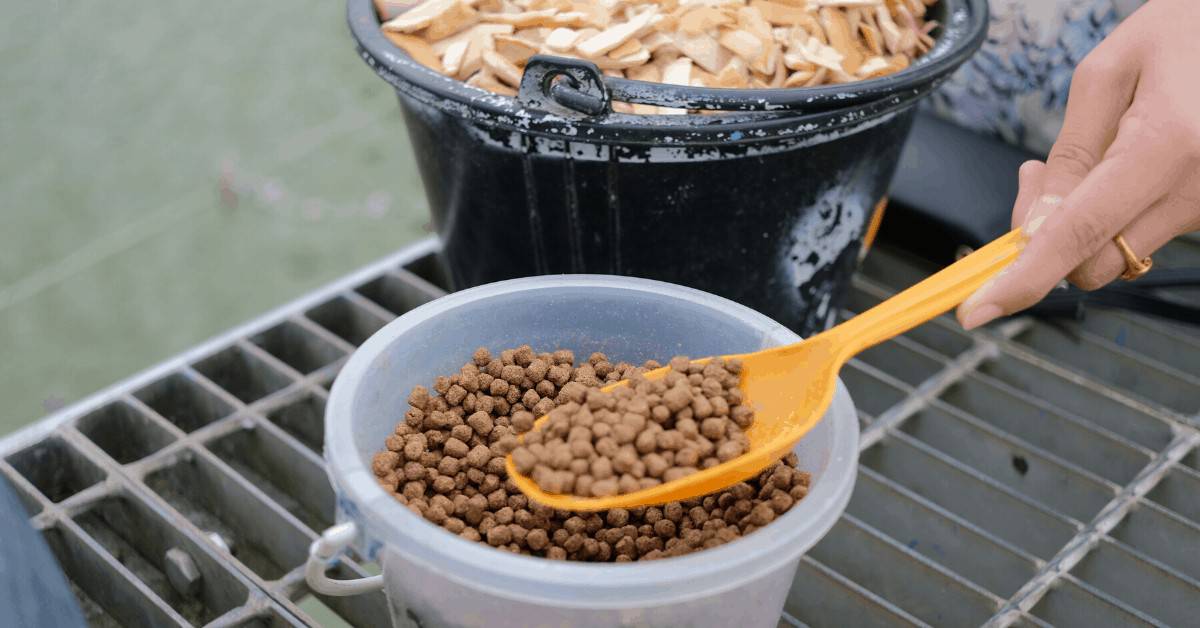
Preparing homemade baby food puree is advisable for the sake of your child, which is quite simple to complete. It’s not time-consuming and it is very gratifying. Hopefully after studying this short article you’ll be inspired as well as excited to drag your blender or food processor and puree healthy, organic food for the baby.
The reason why to create your personal baby foods are pretty straight forward. You would like your child to achieve the freshest, most nutritious food available, and also you want to understand the components it has. You will know it is advisable to feed your child pure, whole-foods.
An important rule is the fact that salt and sugar will never be needed when creating baby food. These extra flavorings are harmful to babies, so making food for baby on your own is also a terrific way to limit his consumption of unnecessary ingredients.
Among the simplest ways to create baby food would be to have a ripe blueberry or soft avocado (preferably organic, but if that’s difficult, the following best factor is to find your vegetables and fruit in a local farmer’s market). Mash the blueberry or avocado having a fork. You can include just a little water, formula or breast milk whether it’s too thick.
Another simple homemade baby food is pureed vegetables. Cube and steam a yams, (sweet taters are a good popular with babies!) after which blend up after some water and essential olive oil (to lessen the consistency). Mashed taters and butternut squash are wonderful to make use of, much like fresh pears, apples, peas, and carrots.
For that older baby just a little organic chicken and grain pureed along with chicken stock and some extra virgin essential olive oil works well. Pureeing fruits and vegetables for baby really is easy.
Cooking and Pureeing:
Begin by chopping the vegetable or fruit and cooking it either by steaming, baking, or boiling. Steaming holds the majority of the nutrients within the food. Steaming, baking or boiling may also permit a larger volume of food to make previously.
Put aside the liquid the vegetables or fruits were cooked in. This is often put into thin the puree. Adding this liquid likewise helps to preserve any nutrients that could have steamed in to the water during cooking. Again, just a little breast milk or formula can be used thinning liquid as needed.
Go ahead and take cooked vegetable or fruit and put it within the blender or food processor.
Set your machine to puree and start to mash the vegetables or fruits.
When you are pureeing or blending, add some saved fluids or perhaps a little water. Pureeing without adding any fluids can also be a choice, however the food might be thicker than preferred. Many parents choose to thin the meals before they serve these to their babies. This will make it simpler for baby to consume.
Microwaving isn’t suggested, although sometimes considered a short-cut. Microwaving food steals it of most of the very nutrients we are attempting to preserve by looking into making our very own baby food.
Freezing:
After you have a pleasant liquid baby food puree you’ll then transfer the puree into ice-cube trays for freezing/storage. Fill each cube using the puree, as if you had been filling the tray with water to create ice.
Cover the tray with plastic wrap or, for those who have covered ice trays individuals can be used well. Put the trays within the freezer. Each cube makes roughly 1 ounce of food.
Following the cubes of pureed food have set and therefore are frozen, go ahead and take trays from the freezer and transfer the cubes into freezer bags. Make sure to label the bag using the date of preparation along with the kind of food. The infant food cubes ought to be used inside a month of freezing.
When it’s time to feed baby, remove the amount of food cubes needed and thaw after which reheat.
It’s suggested that fresh pureed homemade baby food be stored no more than 48 – 72 hrs within the refrigerator, thus restricting the development of bacteria. This rule applies for all sorts of baby food, may it be vegetable, fruit or meat.
Remember, always talk to your doctor regarding presenting food for your baby. It’s also suggested that you simply discuss any foods that could pose allergy risks for the baby.







